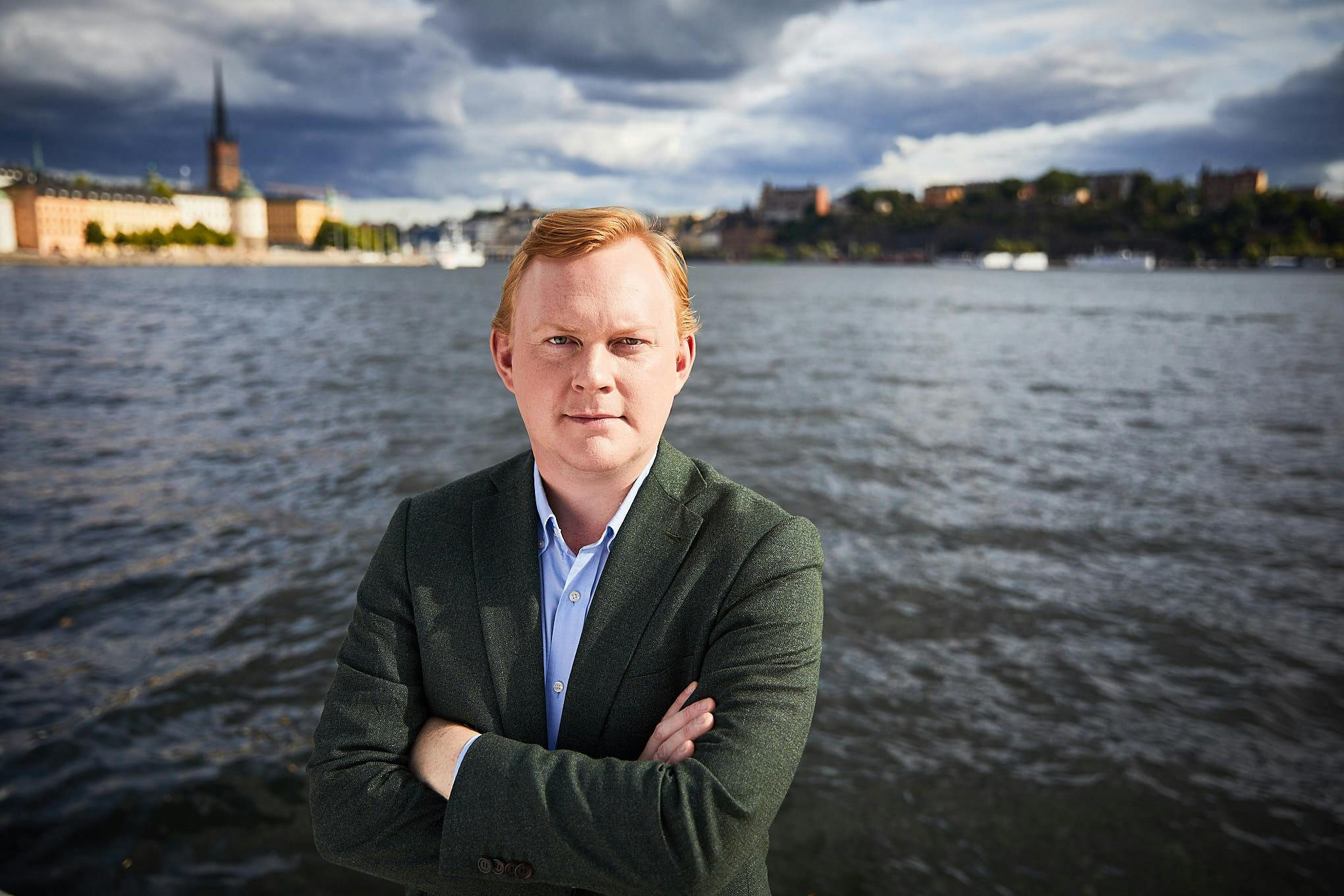‘Great potential for building processes with a lower climate impact’
2021-03-15
Three quick questions to Dennis Wedin (Moderate Party), Vice Mayor for Housing and Real Estate, City of Stockholm, about how the corona pandemic has affected how urban development is viewed.

The corona pandemic has affected practically all areas of society. Do you think it will have any long-term consequences for how urban development is viewed? If so, what are they?
– The corona pandemic has affected the way Stockholmers live, with more people working from home and where the home working space takes on greater importance. I believe many will want to go back to work, but flexi-working will be more common. In that case, the open layout in new constructions may, in time, need additional space for more rooms.
More people are shopping online, which strengthens my conviction that municipalities should not own commercial premises. It is hard for public owners to keep pace with major developments. What is positive is that digital services are increasing, and municipalities need to become better at keeping up with this.
How will you develop the City of Stockholm’s sustainability work with regard to real estate and urban planning issues?
– When we look at the climate impact of real estate, the building process is one half and management the other. The potential lies in developing the building process so it has a lower climate impact. It applies to everything, from the choice of material to transportation and energy use.
We need to take a more circular approach and look at what can be reused, by us or others, when we are rebuilding. There is great potential for the whole real estate industry to collaborate more on reusing resources. Right now, we are implementing AI technology for the district heating of buildings so as to optimise energy and reduce the climate footprint.
What is the most exciting urban planning project you are working on right now?
– An important part is the opportunity to turn municipal housing in the disadvantaged suburbs into tenant-owned housing associations. Recently, for the first time in over six years, rented municipal flats were turned into tenant-owned flats. In total, 2,005 flats in Stockholm can become tenant-owned, and I hope the residents take up the offer. This will mean a more diverse city where it is most needed.
As for building projects, Stockholmshusen is an exciting one that involves the building of thousands of new municipal flats. Through serial production and good conditions as part of the land allocations, the venture aims to drive down production costs and reduce the rent.
Dennis Wedin was interviewed by Mattias Keresztesi, Senior Consultant and Associate Partner at New Republic. ‘Three Quick Questions…’ is a series of interviews conducted by New Republic.